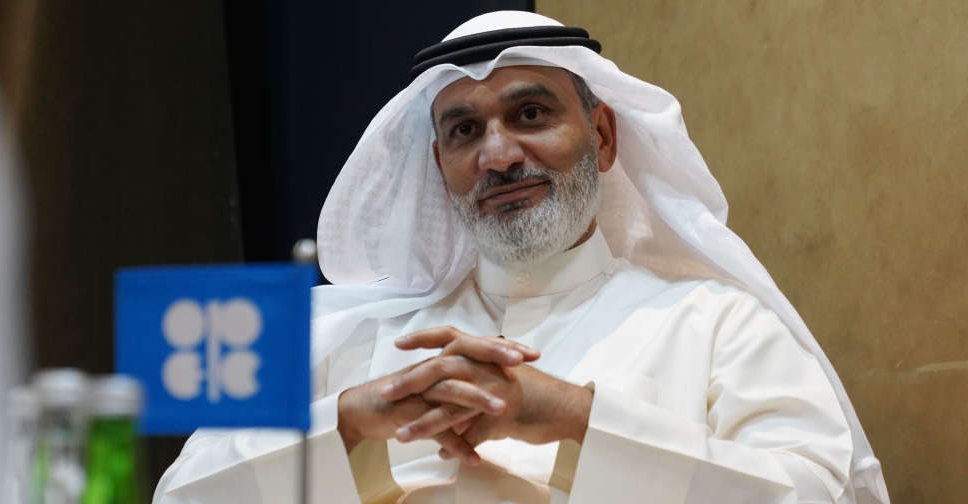
The Secretary-General of the Organisation of the Petroleum Exporting Countries (OPEC) has praised the UAE’s policies aimed at ensuring global energy stability.
Haitham Al Ghais told news agency WAM that the UAE has played a key role in being a safe international source of oil supplies.
He said that the UAE’s policies underscore its clear vision and key role in being a safe international source of energy and oil supplies, in line with the main objectives of OPEC.
Since joining the organisation, the role of the UAE has remained clear: to increase production, maintain economic growth, achieve diversification through other sources, and reduce costs.
Al Ghais also highlighted the country's ambitious strategy for the energy sector, which will raise its oil production capacity to 5 million barrels per day by 2030.
The UAE is one of the largest OPEC producers and has attained a significant stature in global energy and oil markets in terms of production, refinery, storage, transport, shipping and petrochemicals.
It is also one of the countries witnessing a rapid decrease in oil and gas industry emissions, he further added.
Al Ghais described the UAE’s prominent role in the international oil market, highlighting its essential work in production monitoring committees at ministerial and technical levels.
Speaking about his participation in ADIPEC 2022, he congratulated the UAE leadership, government and people for the outstanding organisation of the event.
On COP27 in Egypt and COP28 in the UAE, Al Ghais said that OPEC’s vision involves all oil-relevant parties in climate change discussions and engages oil producers and companies in finding solutions for this problem.
Speaking about the challenges facing the oil sector, Al Ghais said that the main challenges consist of energy transition and the future of energy, in general, most notably oil, adding that OPEC has adopted a policy aimed at reducing dependence on all forms of oil.
The organisation’s research studies have shown that oil will account for 29 per cent of the global energy mix in 2045, he added, highlighting another challenge related to investing in the oil sector, as the world requires investments of nearly $12 trillion in this sector alone.
He then pointed out that a recent issue is the oil market’s volatility and demand-supply unbalance, which led to a significant decline in investments.
Investments in oil totalled some $500 million per year but decreased with the price drop in 2016, leading to a decrease in production capacity.
He also referred to a decline in investments after the COVID-19 pandemic.





 Andre Agassi to headline 11th Dubai International Project Management Forum
Andre Agassi to headline 11th Dubai International Project Management Forum
 Disney+ joins 1 Billion Followers Summit as strategic partner
Disney+ joins 1 Billion Followers Summit as strategic partner
 China hits US defence firms with sanctions over Taiwan arms sales
China hits US defence firms with sanctions over Taiwan arms sales
 Dubai Free Zones Council reviews efforts to boost investor experience
Dubai Free Zones Council reviews efforts to boost investor experience

